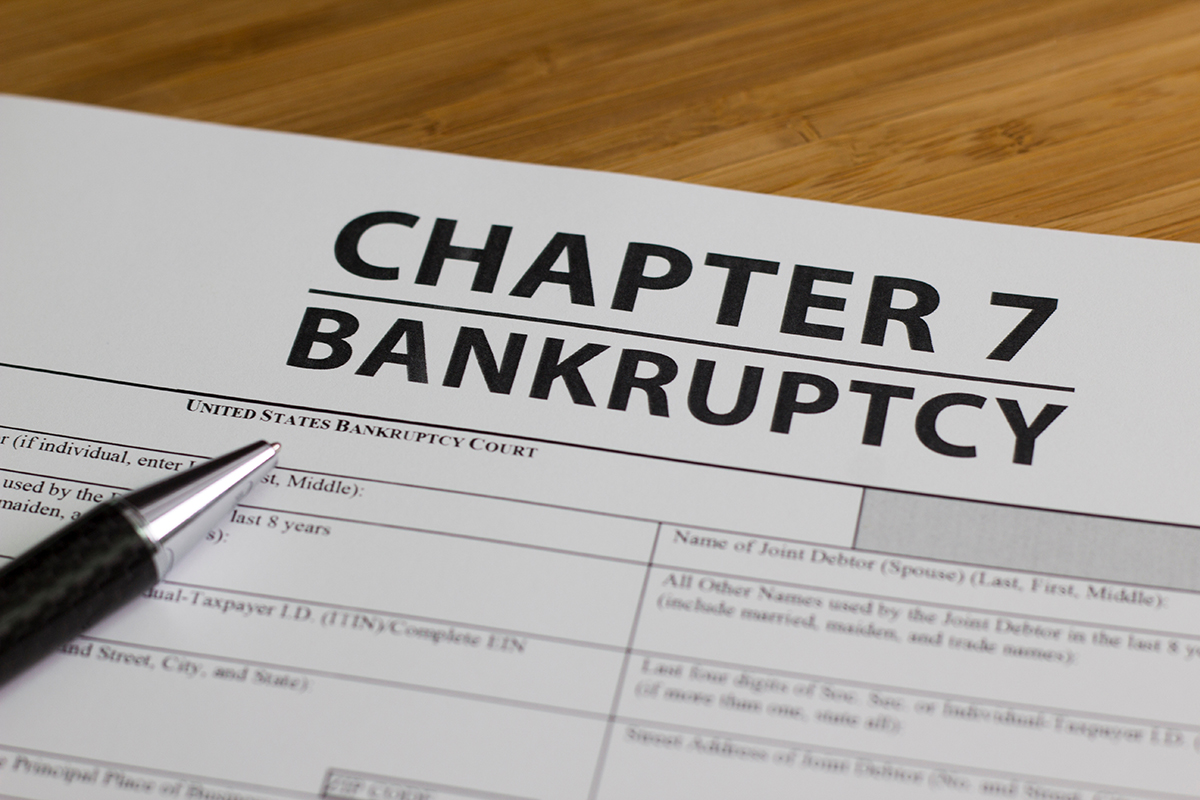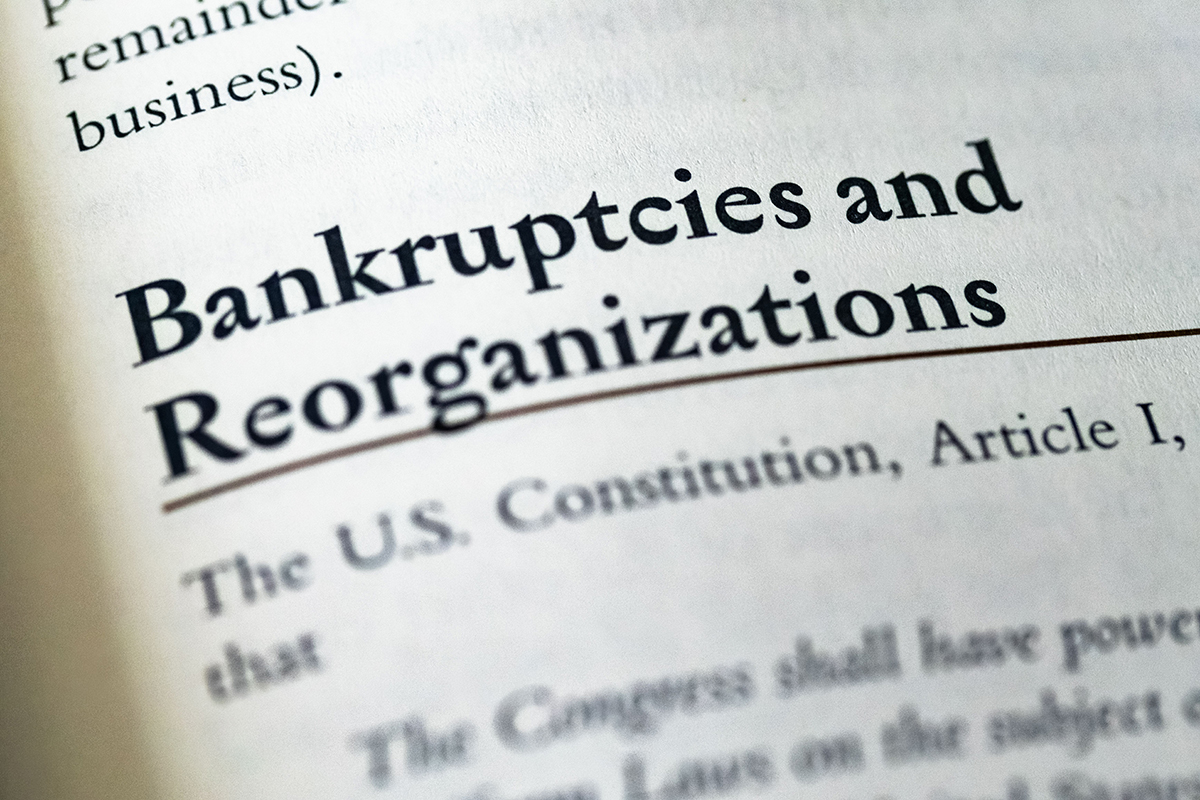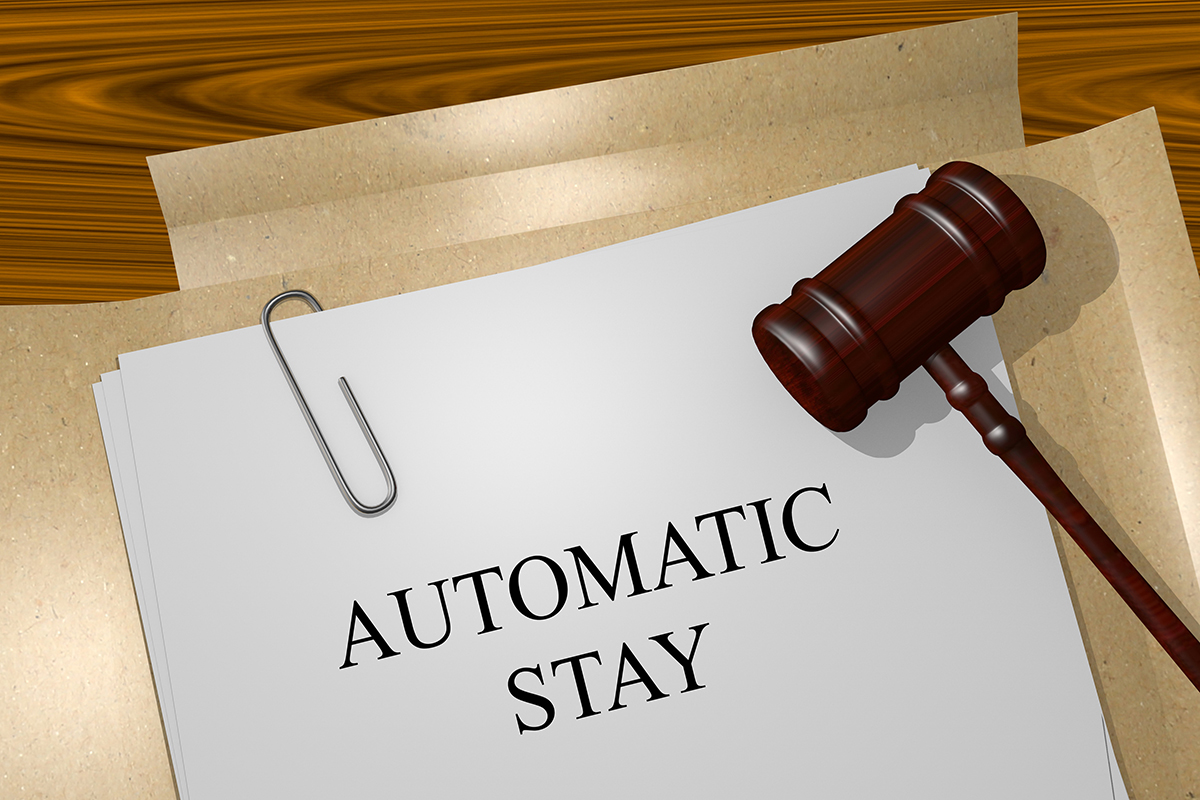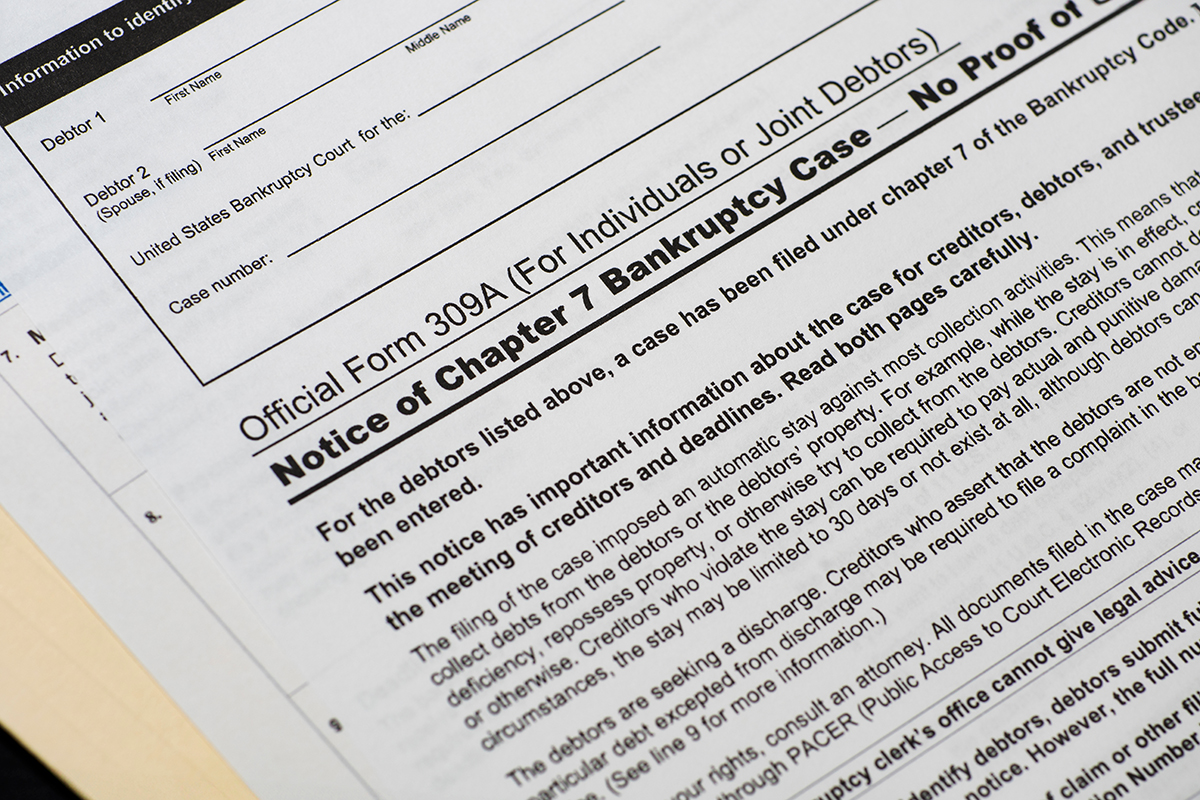Frequently Asked Questions – Bankruptcy
Chapter 7 bankruptcy is ideally used for individuals or smaller businesses with limited or low income, and it liquidates all non-exempt assets to pay off creditors. Chapter 11 bankruptcy is for larger or significant businesses with debts, but allows them a chance to bounce back with reorganization and continued operations. Lastly, Chapter 13 bankruptcy is for individuals who have a steady income and are able to pay debts within 3-5 years under a court-approved plan.
The eligibility to file for Chapter 7 bankruptcy is determined by the means test. This test evaluates your income, expenses, family size, etc. If your income is below the state’s median income, then you qualify to liquidate debts and discharge any unsecured liabilities.

This usually depends on the type of bankruptcy you file for. State exemptions come into play, and you might be able to keep certain exempt assets. This includes primary residence, vehicle, and personal belongings. Under Chapter 7 bankruptcy in Michigan, exempt property cannot be sold by the trustee to pay creditors. Senate Bill 409
Chapter 11 bankruptcy is ideal for businesses, as it allows them to restructure their debts without closing operations. Under a court-approved plan, a business can reorganize and pay its debts while continuing operations. This is one of the primary ways many businesses take to avoid liquidation and regain profitability.

In Chapter 7 bankruptcy, the individual may be entitled to discharge unsecured debts. This usually includes, but is not limited to, credit card balances, medical bills, and personal loans. There are non-dischargeable debts as well, including child support, alimony, certain taxes, student loans (in rare cases), and debts from fraud or criminal fines.
The automatic stay is a Chapter 11 bankruptcy feature that stops all creditor actions once you file for bankruptcy. This powerful legal injunction ensures that all lawsuits, wage garnishments, foreclosures, and collection calls are halted. This allows individuals and businesses to recover and reorganize their finances while avoiding legal action.

Each bankruptcy type can take a few years or months, depending on the specific type, debt size, and court approval. Here is a general idea of the time a process takes:
- Chapter 7 – Around 3-6 months
- Chapter 11 – Usually 3-5 years
- Chapter 13 – Also 3-5 years
Bear in mind that this depends on court approval and the size of the debt.
A bankruptcy filing remains on your credit score for 7-10 years and impacts the score negatively. The fresh start alone is worth it, as it eliminates all debts and gives you enough leeway to rebuild your credit over time.
Yes, bankruptcy can be filed to close a business. In most cases, businesses that wish to shut down operations opt for Chapter 7 bankruptcy, as it liquidates all business assets and pays creditors.

Detailed financial documents are needed to file for bankruptcy, but it depends on specific businesses, individuals, and the bankruptcy chapter. Usually, the key documents needed include pay stubs, tax returns, a list of assets and liabilities, monthly expenses, and creditor information.
Both are court order types that deal with debt relief or debt payment. Dismissal means that the court ends your bankruptcy case without granting debt relief. This usually happens when a business has failed to comply with requirements. Discharge, on the other hand, is when a court’s order eliminates all debt payments and provides a fresh financial start.
There are various alternatives to bankruptcy, including debt consolidation, negotiation, settlement, or credit counseling. If the debts are overwhelming, then these alternatives may not be as effective as filing for bankruptcy.

Yes, you can reorganize personal debts within Chapter 13 bankruptcy bounds. A court must approve a repayment plan that lasts around 3-5 years. However, you must prove that your regular income can cover the repayment plan.
Creditors usually only object to a discharge if there is fraud, concealed assets, or failure to comply with bankruptcy rules. These objections will delay or prevent the discharge entirely and may require a court hearing.
Chapter 11’s Subchapter V is usually the designated option for small businesses that have a debt of $7.5 million or lower. This subchapter offers a faster and less expensive reorganization process.
